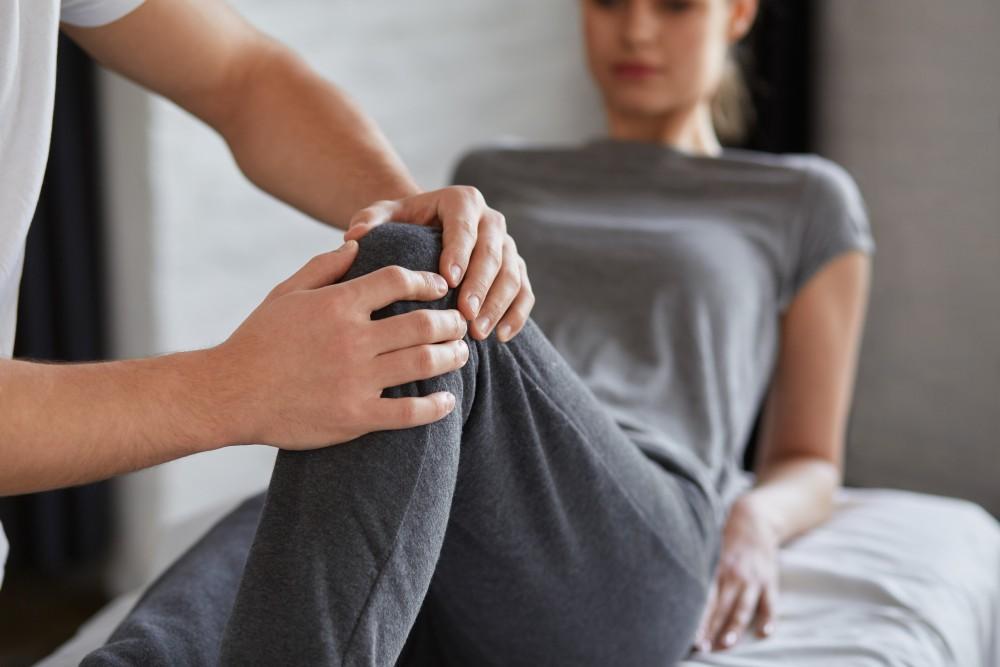Getting Back in the Game: Returning to Sports After an ACL Injury
Sustaining an ACL injury can significantly impact your athletic performance. However, many athletes return to their pre-injury activity levels after having ACL reconstruction surgery.
At Tadje Orthopaedics in Meridian, Idaho, Dr. Jared Tadje brings the most advanced treatments for treating musculoskeletal problems, including ACL injuries.
What happens when you tear your ACL
Your ACL is the anterior cruciate ligament that crosses the middle of your knee, connecting your shinbone to your thigh bone.
Common causes of ACL injuries include:
-
Pivoting with a firmly planted front foot
-
Slowing down and changing direction suddenly
-
Landing a jump awkwardly
-
Sustaining a direct blow to your knee
ACL tears are some of the most common injuries seen in recreational athletes of all ages.
Treating an ACL tear
Dr. Tadje diagnoses an ACL injury during a physical exam. He usually checks for signs of tenderness and swelling and assesses the range of motion and function in the joint. To fully determine the severity of your tear, Dr. Tadje also performs digital imaging tests, like X-rays, MRIs, or ultrasounds.
One of the first steps in treating an ACL tear involves rest and rehabilitative therapy to reduce pain and swelling. You could also need a brace to support your knee and crutches to keep weight off the affected leg.
For athletes who want to return to their sport, or for patients with instability symptoms, Dr. Tadje might recommend ACL reconstruction.
How ACL reconstruction works
When you have ACL reconstruction, Dr. Tadje removes your torn ligament and replaces it with healthy tissue from another part of your body or a deceased donor. This orthopedic procedure relies on arthroscopic techniques, which use smaller incisions to reduce your risk of complications and speeds up the recovery process.
Dr. Tadje performs ACL reconstruction surgery as an outpatient procedure, so you can go home after you wake up from general anesthesia. Recovering from ACL reconstruction can take anywhere from two to six months or longer.
Getting back in the game after an ACL injury
More than 120,000 Americans have ACL reconstruction each year. While you can safely recover from an ACL injury, it’s crucial to take the right steps to reduce your risk of reinjury.
Take your time
Whether you undergo a reconstruction or choose non-surgical treatment, following a personalized rehabilitation program is crucial to restoring motion, strength, and stability to your knee joint.
Progressing too slowly or quickly can impact your recovery, and it could be beneficial to wait six to 12 months after a major ACL injury before returning to your sport.
Wear supportive gear
Even with ACL reconstruction, you still may need a knee brace to stabilize your knee, limit your range of motion, and support the healing process. Wear these devices as directed to get the best results.
Be aware of your risks
After having an ACL injury, you have higher risks of another injury. Therefore, incorporating proper training techniques into your regimen is vital to improving your muscle control and reducing your chances of reinjury.
For more information on ACL injuries and how to return to sports safely, contact our office in Meridian by calling 208-231-7851 or by sending us a message through our online contact form.

